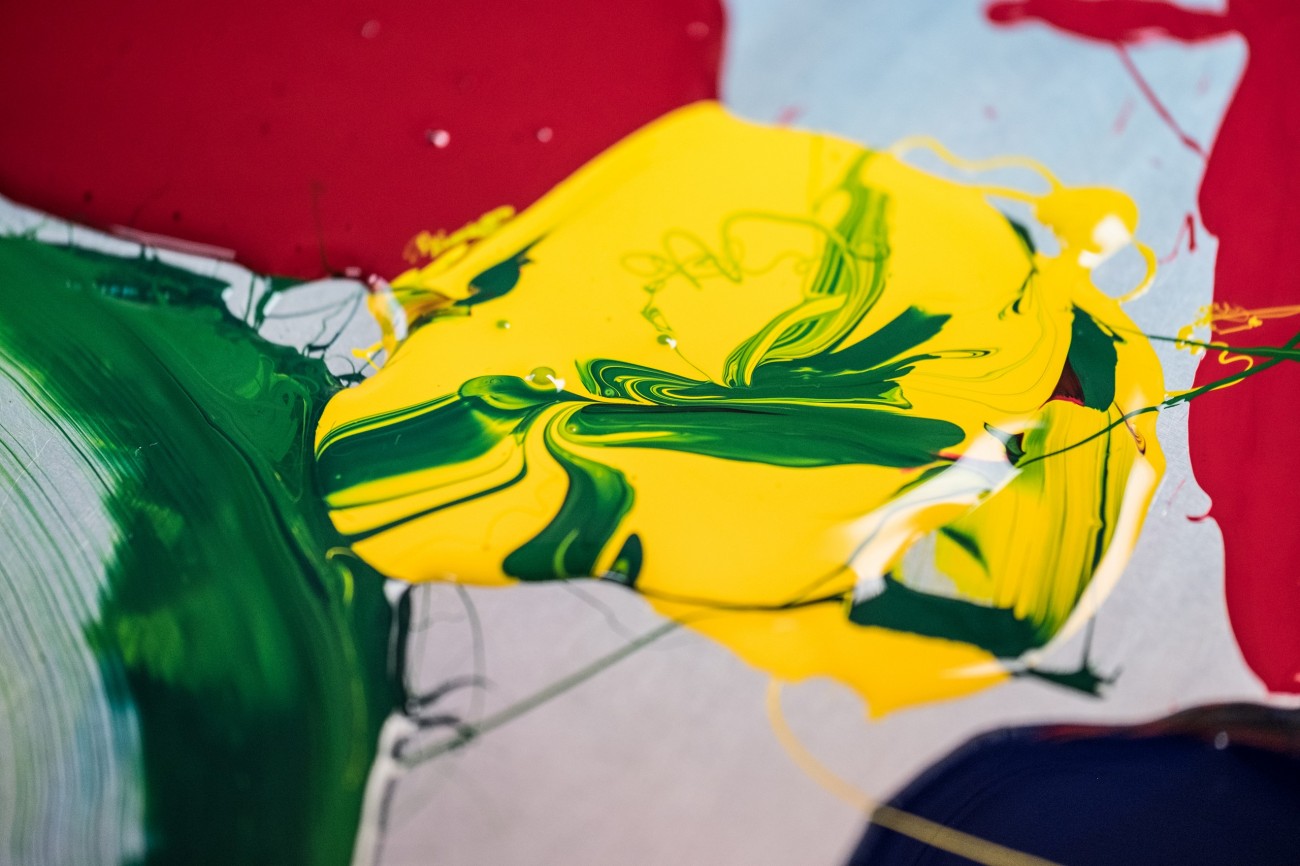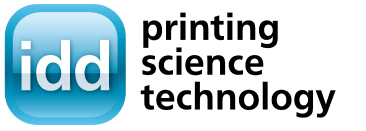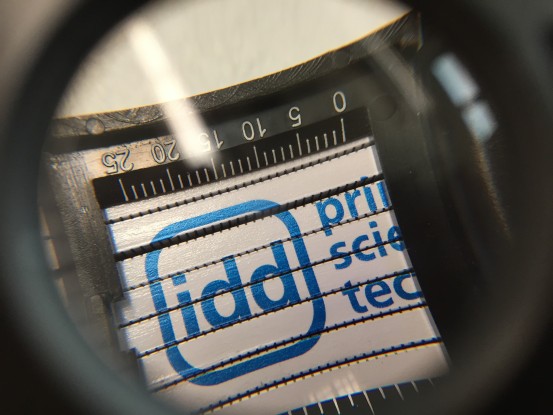Leading-edge cluster „Forum Organic Electronics“
As part of the “High-tech Strategy for Germany” published by the Federal Ministry of Education and Research in 2007, the leading-edge cluster competition was launched. The leading-edge cluster “Forum Organic Electronics” from the metropolitan region Rhine-Neckar was able to prevail in this competition over 38 cluster initiatives.
The general principle of the cluster is: „Organic Electronics – Electronics for Innovation and Growth in a Green Environment“
Organic electronics enables innovative applications in areas in which electronic components must be produced at low cost and in large quantities. Printed organic electronics offers many advantages, such as resource-saving production methods and a relatively high environmental compatibility.
Aim of the cluster is the further development of organic electronics along the value added chain, from material and process development over design of new devices up to marketing of applications and services.
Four major areas of application are addressed in the cluster:
- Organic Photovoltaics (OPV),
- Organic Light Emitting Diodes (OLED),
- Organic Sensor Applications (OSA) and
- Organic circuits and memory.
Many strong partners such as the three DAX companies Merck, BASF and SAP are part of the cluster. Furthermore, Heidelberger Druckmaschinen, Bosch, Freudenberg, Roche, EnBW, tesa scribos, Pepperl + Fuchs and Würth Solar are involved.
The cluster draws its strength primarily from the combination of the economic partners with the universities. Besides the University of Heidelberg, the University of Mannheim, the University of Applied Sciences in Mannheim and KIT (Karlsruhe Institute of Technology), the Technische Universität Darmstadt (TUD) plays a key role.
TUD has three institutes involved in the cluster:
- IDD (Institute of Printing Science and Technology),
- IES (Chair of Integrated Electronic Systems),
- SURFACE(Chair of Surface Area Research)
The first two institutes are working together in the project “Polytos”. The aim of this project is the development of new organic materials, concepts and production processes (printing technologies) as well as software for printed organic circuits with sensors for applications in the packaging sector.
IDD is still represented in three other projects of the cluster: NanoPEP, Kosadis and OLED.
The aim of the project “NanoPEP” is to develop a new printing technology that enables the production of functional precision layers as required in applications such as organic circuits, organic photovoltaics and organic LEDs. The aim of the project “Kosadis” is the development of a printable electronic control unit for TFT displays. The aim of the “OLED” project is the development of new printable OLED materials.



